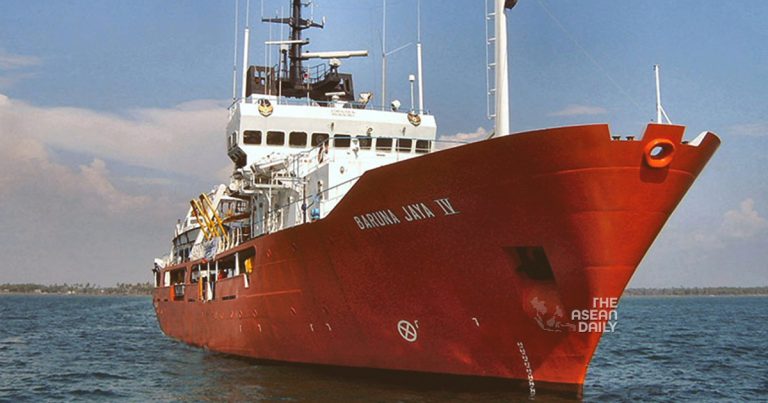6-8-2023 (JAKARTA) The National Research and Innovation Agency (BRIN) has identified deep-sea research as a key strategic focus, recognizing the vast potential and numerous benefits that lie within the unexplored depths of the ocean.
Speaking at the Deep-Sea Research Center in Jakarta on Saturday, Intan Suci Nurhati, Head of BRIN’s Deep-Sea Research Center, highlighted the fact that more than 85 percent of the ocean remains unexplored. She emphasized the significance of this untapped territory as a potential source of oxygen and food for humanity.
Indonesia, in particular, boasts extensive deep-sea regions, predominantly in the eastern part of the country. The Banda Sea, which includes the Weber Trench, stretching 150 kilometers wide and reaching depths of up to 7,440 meters, is a prime example of the vast and uncharted underwater landscapes.
Nurhati acknowledged the challenges associated with deep-sea research, citing the need for sophisticated equipment such as submarines and submersibles. She expressed her hope that dedicated marine research efforts would yield important discoveries and promote the sustainable utilization of marine resources, ultimately contributing to Indonesia’s self-sufficiency.
To ensure effective and successful research in the deep sea, Nurhati stressed the importance of adequate support and funding. She emphasized that deep-sea research requires substantial investment to facilitate breakthroughs in this promising field.
Nining Setyowati Dwi Andayani, Secretary of Deputy for Science and Technology Human Resources at BRIN, revealed that 70 percent of BRIN’s supported human resources are dedicated to deep-sea and maritime research. Recognizing the crucial role of exceptional human resources in driving innovative advancements, Andayani emphasized the significance of investing in talent development.
Considering Indonesia’s unique geographic conditions and its vast potential in various fields, including biological, space, maritime, deep-sea, and nuclear research, Andayani stressed the need for outstanding human resources to harness these opportunities fully.
In line with its commitment to supporting research activities, BRIN has implemented policies that extend beyond human resources alone. This includes increasing the budget allocated to human resources and research infrastructure, with a specific focus on deep-sea and maritime research.
Andayani explained that this policy aims to enhance the number of Indonesian researchers while integrating and streamlining the components of human resources, budget allocation, and infrastructure. By aligning these elements, BRIN seeks to foster a cohesive and collaborative research ecosystem.
As the National Research and Innovation Agency places a renewed emphasis on deep-sea research, Indonesia is poised to unlock the mysteries of the ocean depths, harnessing their potential for the betterment of society and the nation’s advancement.




